

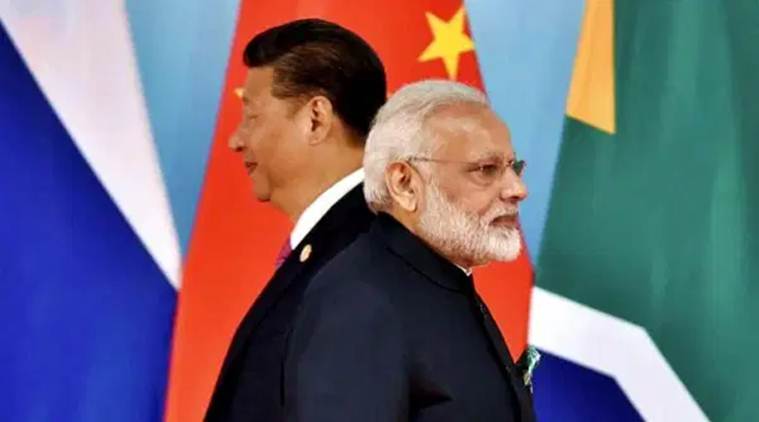
Prime Minister Narendra Modi and Chinese President Xi Jinping held their first bilateral meeting in five years at the Kazan BRICS Summit in Russia to discuss the ongoing border tensions between the two countries. The leaders highlighted the need for mutual trust and respect in guiding their relations and agreed to work towards resolving differences and disputes in order to maintain peace and stability in the region. The two sides also expressed a desire to strengthen strategic communication and explore cooperation to address developmental challenges.
India-China Relations: A Complex History
India and China, two of the world's most populous countries, have a long and complex history. They share a 3,488-kilometer (2,167-mile) border that has been the subject of territorial disputes for centuries.
In recent years, tensions between India and China have escalated, with both sides accusing each other of aggression along the border. In 2020, tensions reached a boiling point after a deadly clash between Indian and Chinese troops in the Galwan Valley.
Prime Minister Modi and President Xi's Meeting
After several months of military standoff, Prime Minister Narendra Modi and Chinese President Xi Jinping met at the Kazan BRICS Summit in Russia in July 2022. The meeting was the first bilateral meeting between the two leaders in five years.
During the meeting, Modi and Xi agreed to work towards resolving the border tensions between their countries. They emphasized the need for mutual trust and respect in guiding their relations.
Strategic Communication and Development
In addition to addressing the border tensions, Modi and Xi also discussed ways to strengthen strategic communication between India and China. They pledged to explore cooperation to address developmental challenges in the region.
Top 5 FAQs on India-China Relations
1. What is the current status of the border dispute between India and China?
The border dispute between India and China remains unresolved. Both sides claim territory in the disputed areas, including the Aksai Chin region and Arunachal Pradesh.
2. Why are India and China competing for influence in the region?
India and China are both major powers in Asia. They compete for influence in the region, including in areas such as trade, investment, and military cooperation.
3. What are the prospects for a peaceful resolution of the border dispute?
The prospects for a peaceful resolution of the border dispute are uncertain. Both sides have taken a hardline stance on the issue, and there is no easy solution.
4. What role is the United States playing in the India-China relationship?
The United States is concerned about the rising tensions between India and China. It has urged both sides to resolve their differences peacefully and has offered to mediate.
5. What are the key issues that need to be resolved to improve India-China relations?
The key issues that need to be resolved to improve India-China relations include the border dispute, trade imbalances, and strategic competition.
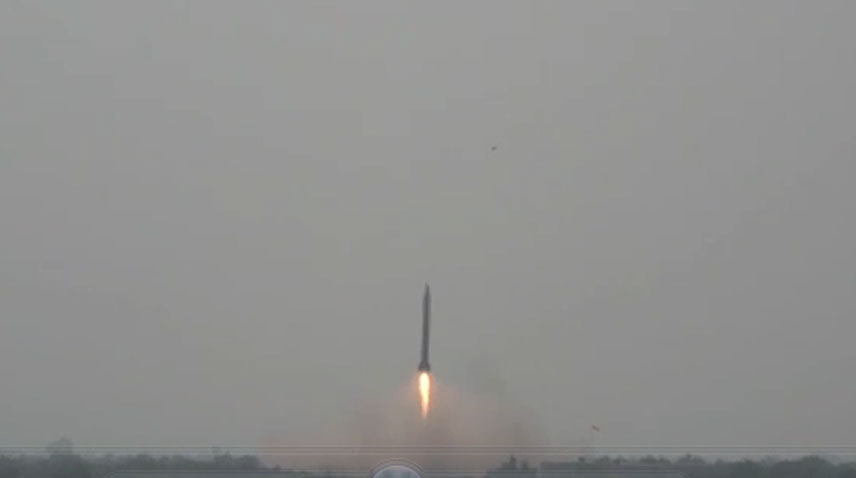
Amid rising tensions between India and Pakistan, the latter has conducted a training launch of the Abdali Weapon System - a surface-to-surface missile with a range of 450 kilometers. The move comes after India downgraded diplomatic relations with Pakistan following a terrorist attack in Pahalgam. Pakistan's army has stated that the launch was part of an exercise and aimed at ensuring the operational readiness of troops. However, India sees it as a dangerous escalation by Pakistan and a deliberate provocation to heighten tensions.
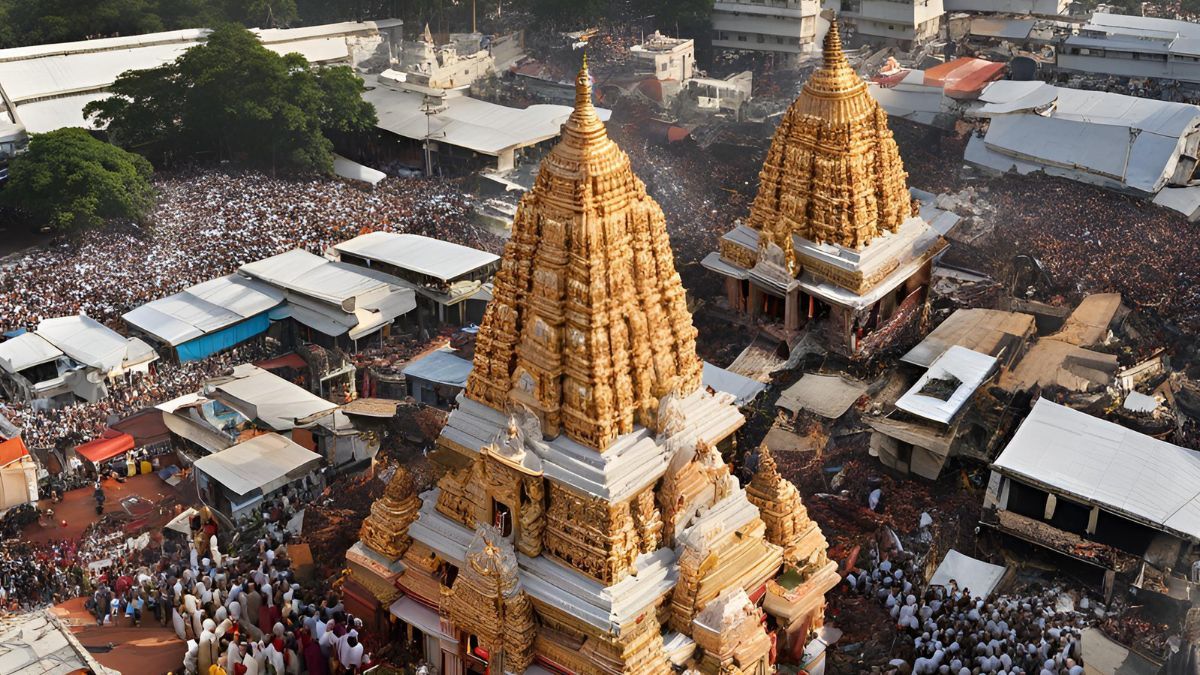
Chaos and tragedy struck the coastal city of Goa as at least six people lost their lives and several others were injured in a stampede at the Shirgaon temple. The incident, which took place during a popular annual procession, sent shockwaves through the community and left eyewitnesses stunned by the sudden rush and panic that ensued.
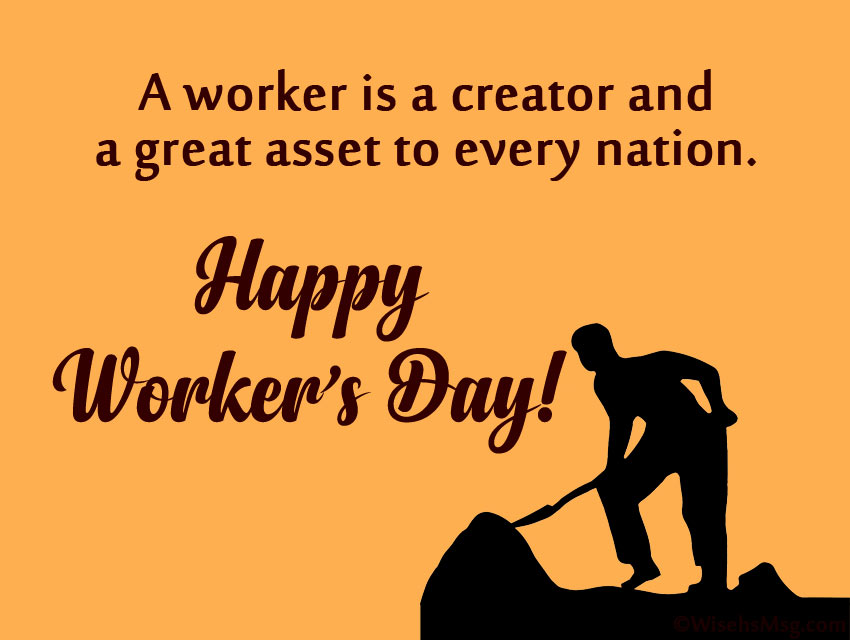
Every year on May 1, the world comes together to celebrate International Workers' Day and honor the hard-working individuals who contribute to the progress and prosperity of their countries. This year, let's take a moment to reflect on the significance of this day and show our appreciation to workers everywhere by sharing some inspiring quotes, messages, and wishes. From highlighting the importance of fair opportunities to recognizing the dedication and sacrifices of workers, these words will surely boost their morale and remind us of the valuable contributions of labor.
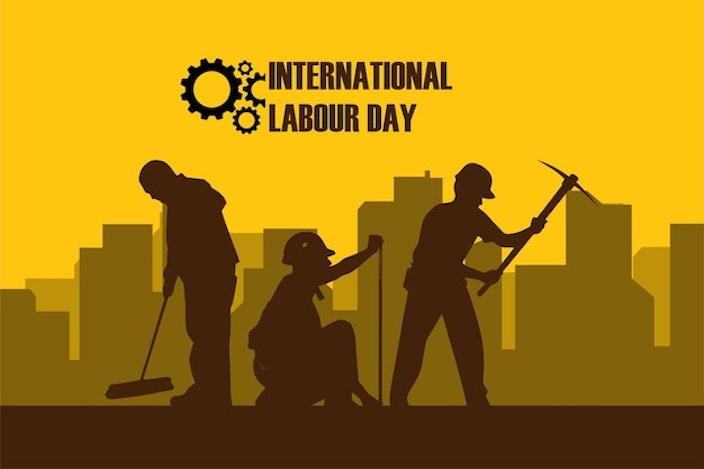
On May 1, people all over the world come together to celebrate International Labour Day, also known as May Day, to honor and recognize the tireless efforts of hardworking individuals who have shaped communities and economies. This day serves as a reminder to empower and advocate for workers' rights, fair wages, and improved working conditions. As iconic figures like Martin Luther King Jr., John F. Kennedy, Tim Notke, Maya Angelou, Van Jones, Conan O'Brien, Theodore Roosevelt, and Sophocles have said, it's through hard work and dedication that we progress and achieve great things.
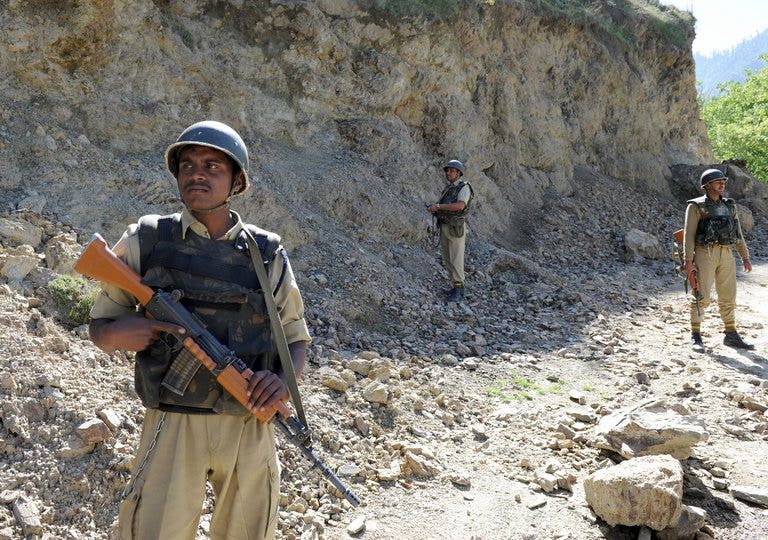
The tensions between India and Pakistan have heightened as the Pakistan Army has escalated its attacks on multiple locations along the Line of Control and the International Border. In response, the Indian Army and Border Security Force have swiftly and effectively retaliated to the unprovoked firing, while Pakistan has activated a wide stretch of its troops. Intelligence suggests that Pakistan has also further mobilised its divisions in anticipation of possible Indian retaliation. Despite the escalation, the Indian Army remains in firm control of the situation and is actively suppressing Pakistani firepower.
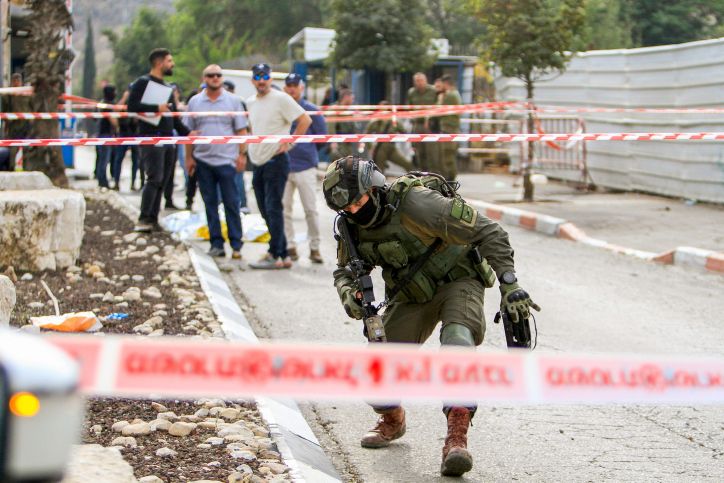
In the aftermath of the tragic terror attack on tourists in Kashmir's Pahalgam, Olympic bronze medallist wrestler Bajrang Punia expressed his sorrow over those who went in search of inner peace but met a brutal end. As the death toll rises and the nation reels from the horror of such senseless violence, the unrelenting hatred of such extremists is palpable. With officials linking the attack to a Pakistan-based terror outfit, the incident has sparked yet another tense moment in the ongoing conflict between India and its neighboring country.
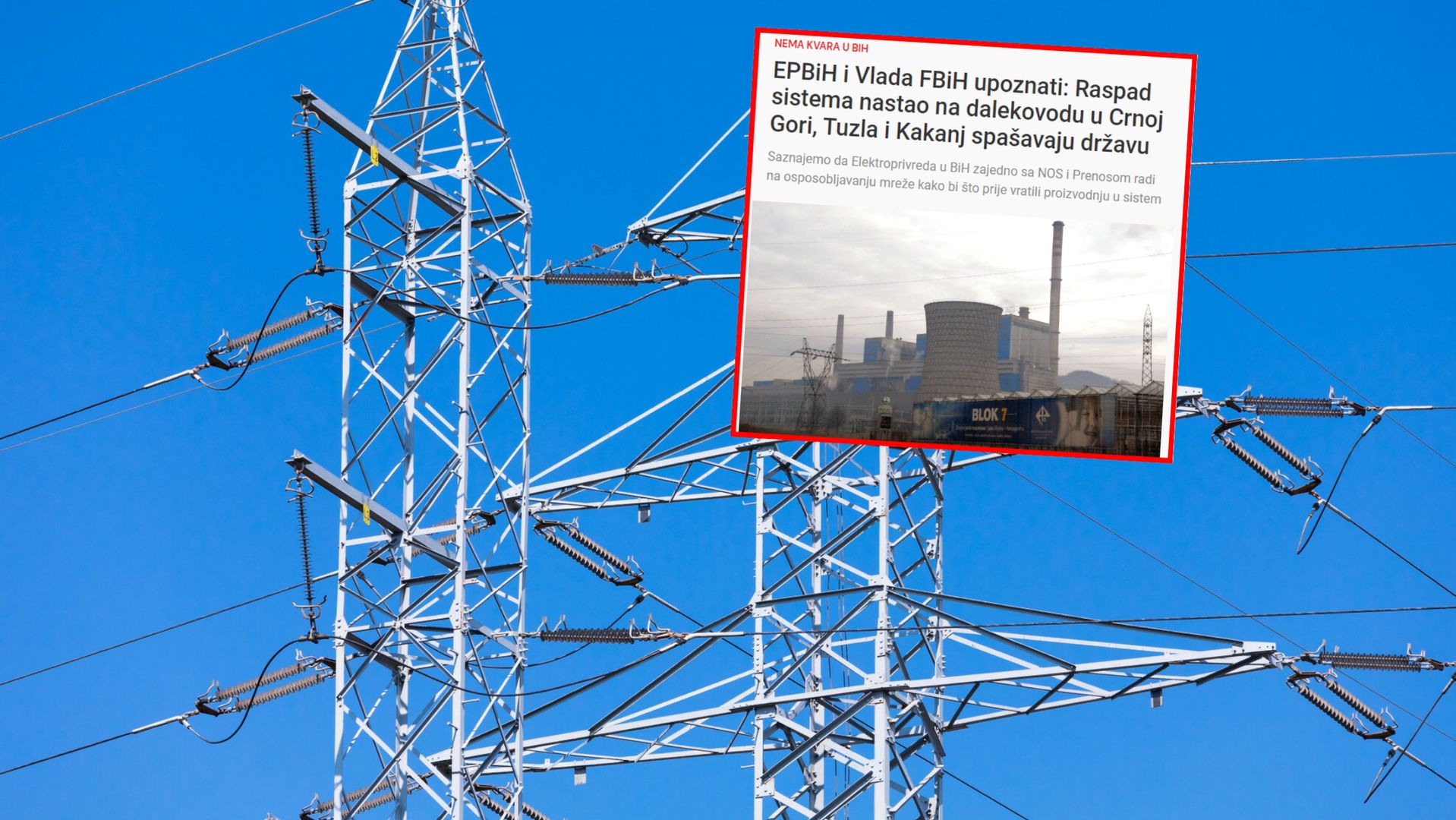
A widespread power cut in Western Europe has caused panic buying and chaos as 50 million people are left without electricity. Spain has declared a state of emergency and several other countries, including France and Portugal, have also been affected. Madrid's main airport has been hit, public transportation has come to a halt, and even airline operations have been disrupted. The situation is critical, with reports of one fatality and numerous cases of smoke inhalation due to a fire caused by the power cut. The Canary Islands have also been affected, with disruptions to their telecommunication systems.
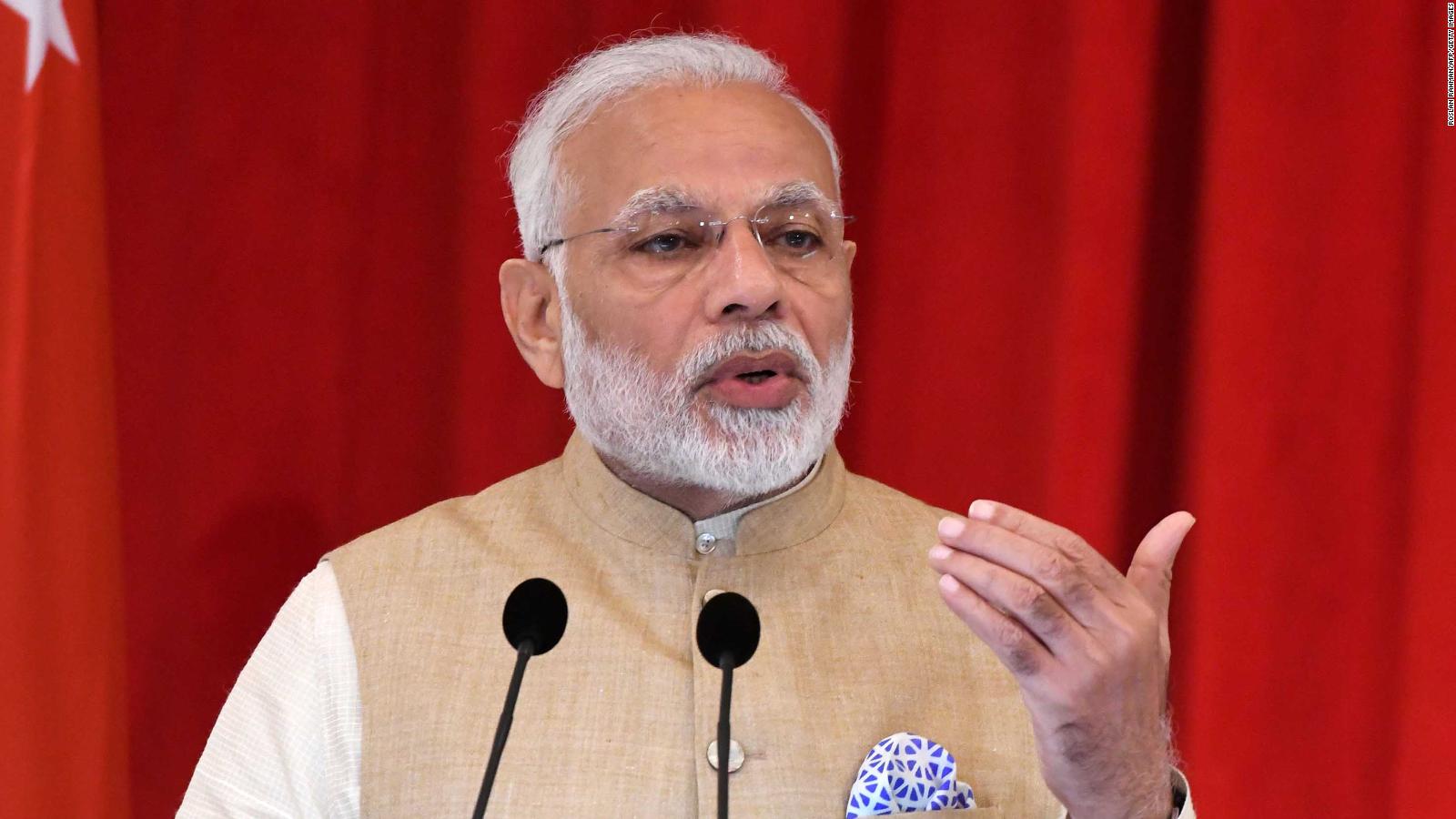
Prime Minister Narendra Modi and Defence Minister Rajnath Singh held a crucial meeting to review the security situation in Jammu and Kashmir following the recent terror attack in Pahalgam. The Prime Minister reiterated his commitment to delivering strong punishments to terrorists and their backers, while also reassuring the families of the victims. The attack, believed to be an attempt to disrupt the growth and progress of the region, has sparked international discussions, with Russia reaffirming its readiness to work with India to counter the global terrorist threat.
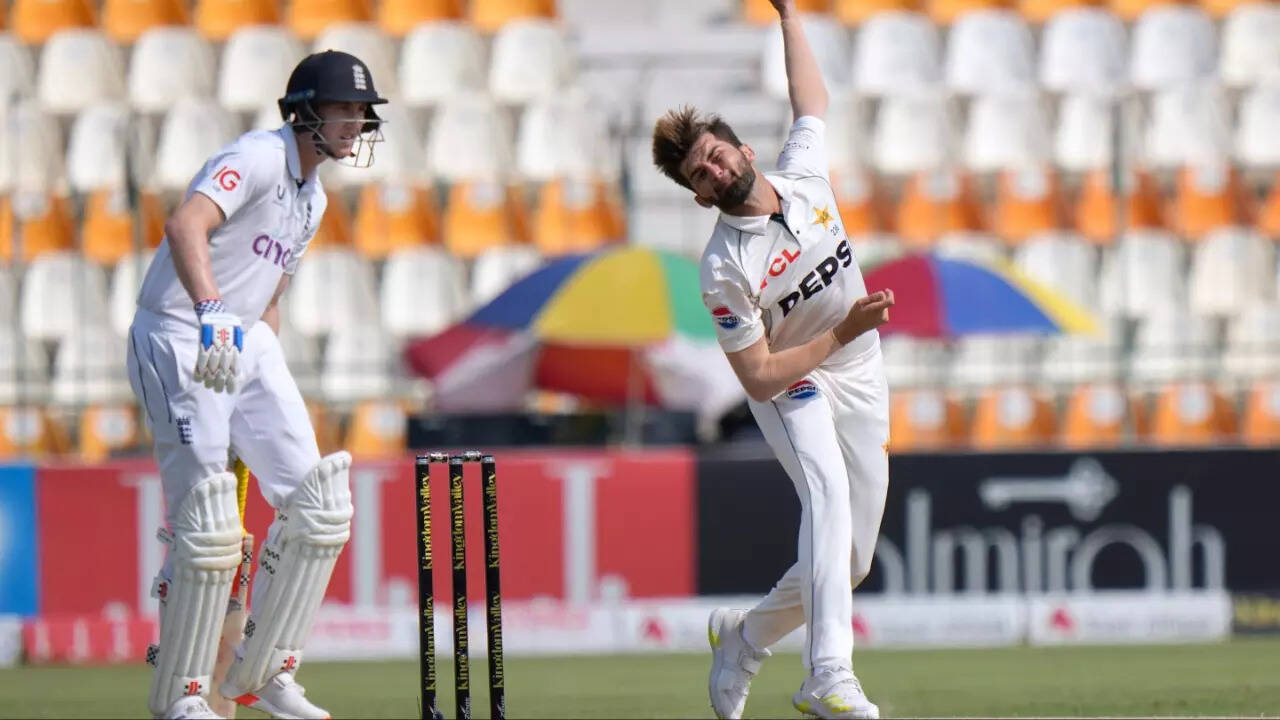
After the recent Pahalgam attack in Jammu and Kashmir, former Pakistan cricketer Shahid Afridi made controversial statements blaming India for the incident. He claimed that India promotes terrorism and kills its own people to put the blame on Pakistan. Afridi also expressed the need for sports diplomacy between the two countries and criticized India for not allowing the cricket team to travel to Pakistan. Despite his impressive career stats, Afridi's comments have sparked anger and backlash among Indians.

In response to the Pahalgam terror attack, the Indian government has taken further action against Pakistan by banning several Pakistani YouTube channels and top news networks in the country. These channels were found to be disseminating false narratives and misinformation against India, its Army and security agencies. This move is part of a series of non-military actions taken by the Indian government in the aftermath of the attack. Upon opening the banned YouTube channels, a message appears stating that the content is unavailable due to an order from the government related to national security or public order.